
‘We’d Rather Throw $60K in a Club’—NBA Star J.R. Smith Confesses to Blowing Fortunes on Clubs Instead of Helping His Community
For J.R. Smith, wealth arrived fast, loudly, and without warning. The former NBA guard spent much of his sixteen-season professional career reveling in all the perks that come with being one of the league’s most electrifying players—luxury cars, big nights out, and the limitless promise of stardom. But as time passed and distance grew from the court, Smith’s perspective shifted. What once felt like reward now looks like a cautionary tale, and he has begun to use his own experiences to warn younger athletes about stepping into lifestyles they may not be prepared to manage.
Smith’s reflections have become a central part of his post-NBA evolution. After earning roughly US$90 million over his career, he admitted in a 2022 interview on I Am Athlete that he often poured money into moments that offered no long-term value. What hits him most now is how easily that same money could have been applied to doing meaningful good in his community.
“I could have fed my whole community 10 times over with the money I was just [paying in fines for being] late on the bus,” he said, recalling how casually he once treated tens of thousands of dollars.The moment that drew the most attention came when he compared his own spending to what it could have done for others: “We got the money. We don’t have the mindset. We’d rather go throw $60,000 in a club, in a strip club. Go throw $60,000 than go feed 2,500 people in the hood.”
But the candor in his remarks was not about shaming players who live large; rather, it was about urging them to understand the long-term power of their earnings. In the same interview, he shifted from personal reflection to a message of collective responsibility for elite athletes. Smith recalled the 2020 NBA bubble, when players were discussing what demands they should make of owners in the wake of the killing of George Floyd. He challenged the premise: “Everyone is like ‘what we gonna ask the owners for?’ Stop asking them for s—t! What are we asking them for?”
Sitting among some of the league’s highest‐paid players, he pressed a question: “I got Paul George sitting right here, I got DeMar DeRozan sitting right here, I got Russell Westbrook sitting right here… You make $200 (million), you make $200 (million), you make $175 (million), you make $150 (million), you make $180 (million). Why don’t y’all have your own gym? Why we gotta go to UCLA to work out every time? Y’all come from the exact same community. You want to inspire kids that look like you? All it takes is five of them.” His critique was simple: athletes often underestimate the collective power they already possess—and ownership isn’t the only path to effect change. Shared investment in one another, his message implied, is perhaps a more powerful lever.
Smith’s life after basketball reflects that same emerging spirit of reinvention. He enrolled at North Carolina A&T State University, joined the golf team, and entered the Name, Image, and Likeness (NIL) marketplace with Excel Sports Management representing him. Even with an estimated net worth in the tens of millions (approximately US$35 million by some estimates), he embraced the chance to build a new lane—proving that a second career can have as much purpose as the first.
His personal life, too, has transformed alongside his professional shift. Smith and actress Candice Patton recently welcomed a new baby, sharing glimpses of their son online. While many celebrated the new chapter, some questioned the timing given his complicated separation from his wife, Shirley “Jewel” Smith. But through it all, the central message driving his reflections remains clear: the impact of $60,000 lasts far longer when spent on people instead of fleeting nights. By revisiting his own choices, Smith is urging today’s athletes to think beyond the moment and recognize the legacy their money can build.
News in the same category

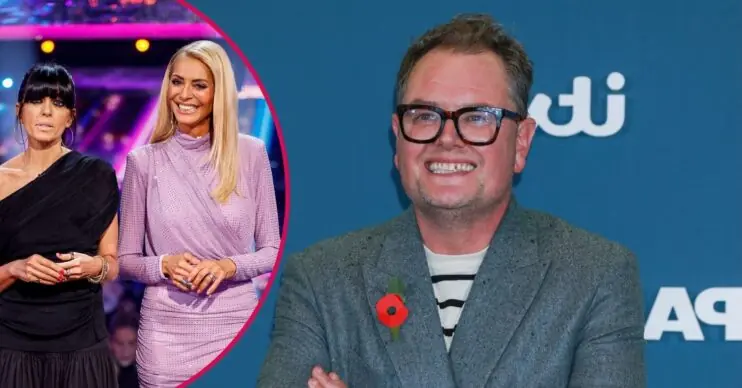
Alan Carr admits it’s ‘nerve-wracking’ as he breaks silence on claims he’s ‘replacing’ Strictly hosts Tess Daly and Claudia Winkleman
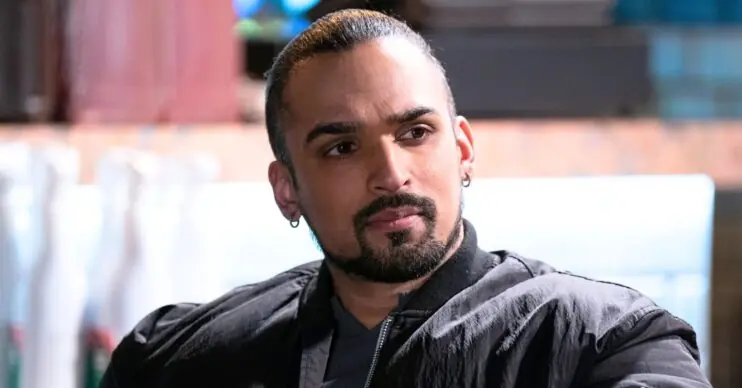
Ravi kidnapped by drugs boss in early EastEnders release

Reinventing the Underground: How France’s Ancient Quarries Are Cooling Modern Cities
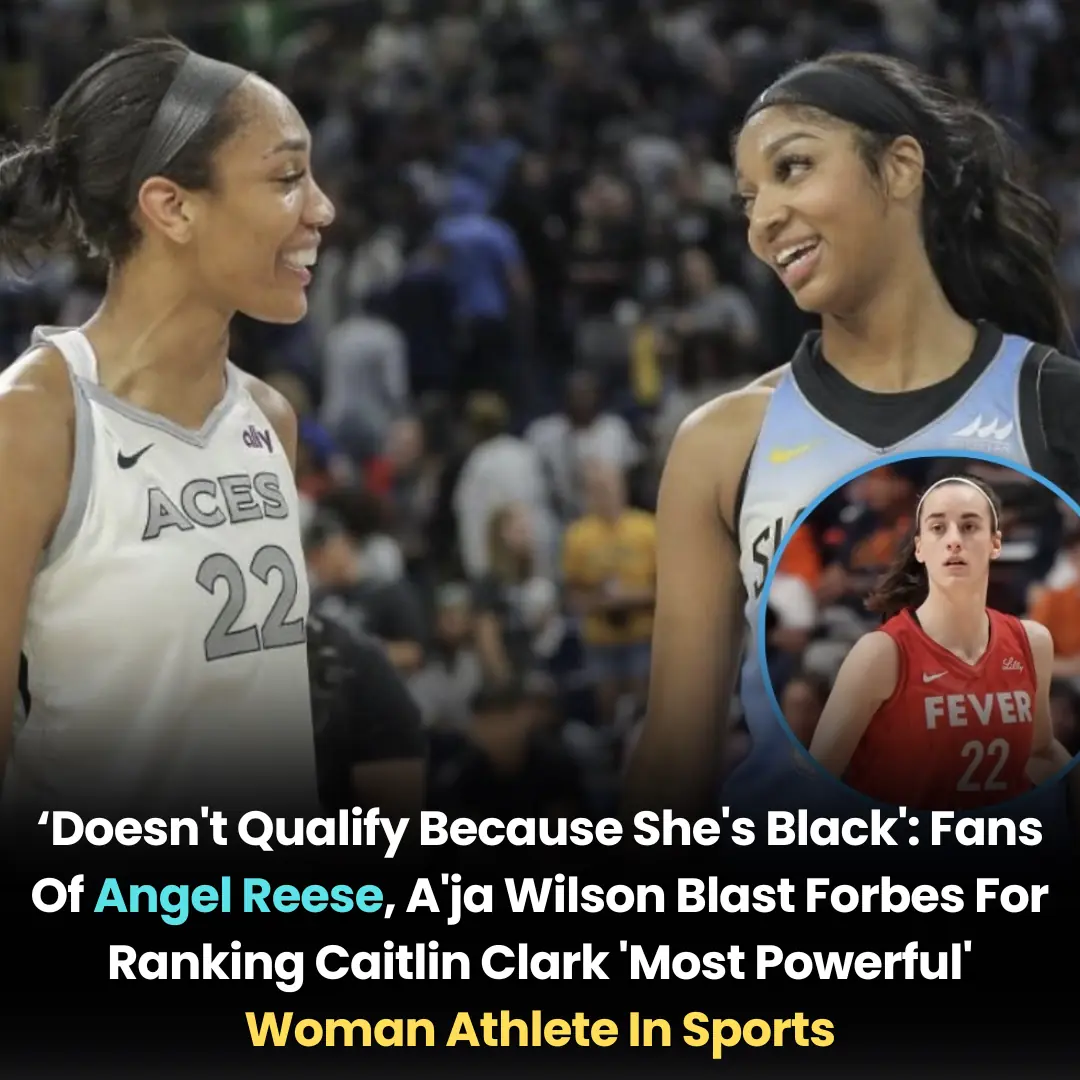
‘Doesn’t Qualify Because She’s Black’: Fans Of Angel Reese, A’ja Wilson Blast Forbes For Ranking Caitlin Clark ‘Most Powerful’ Woman Athlete In Sports

How Finland Is Turning Data Centers Into City-Wide Heating Systems
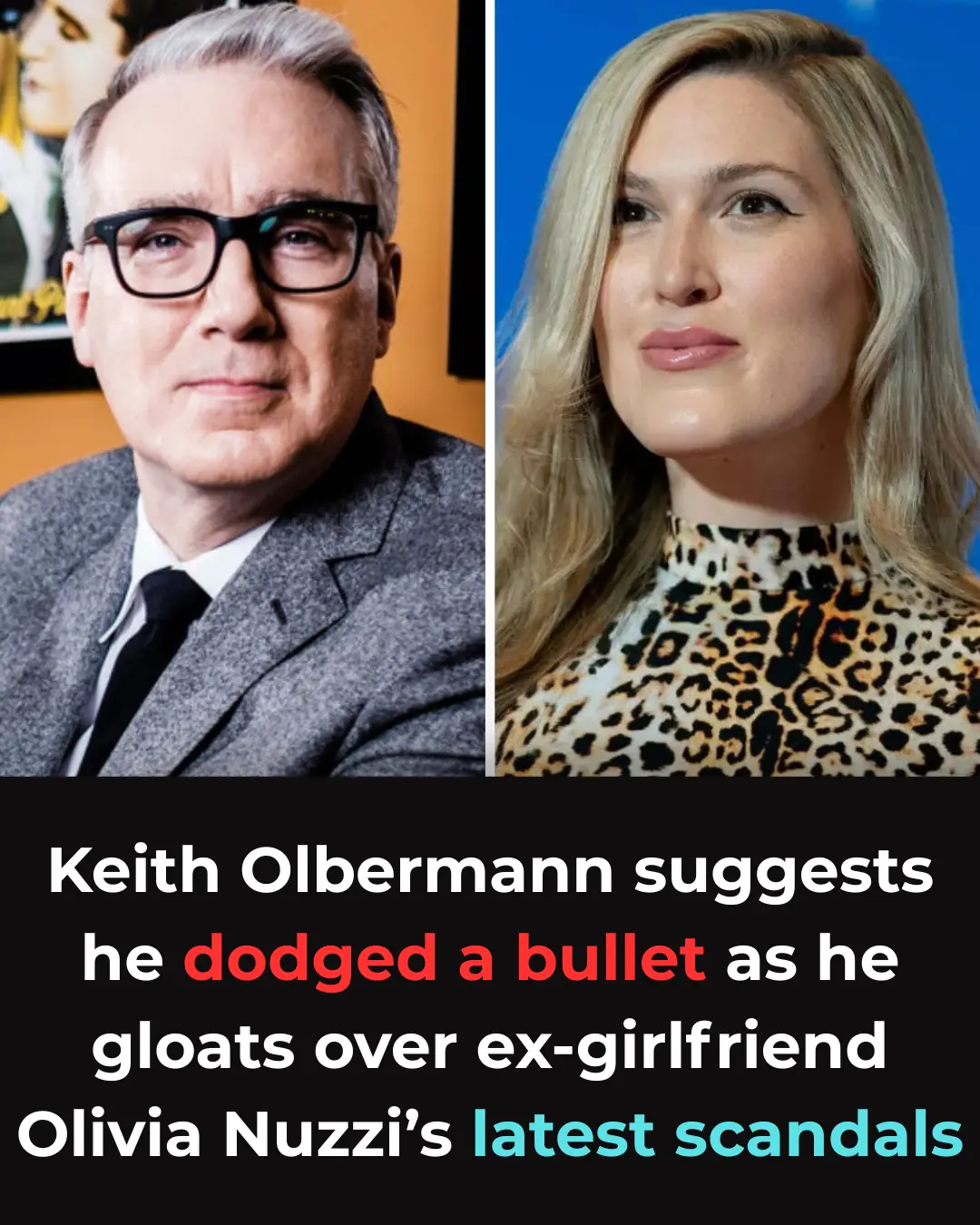
Keith Olbermann suggests he dodged a bullet as he gloats over ex-girlfriend Olivia Nuzzi’s latest scandals
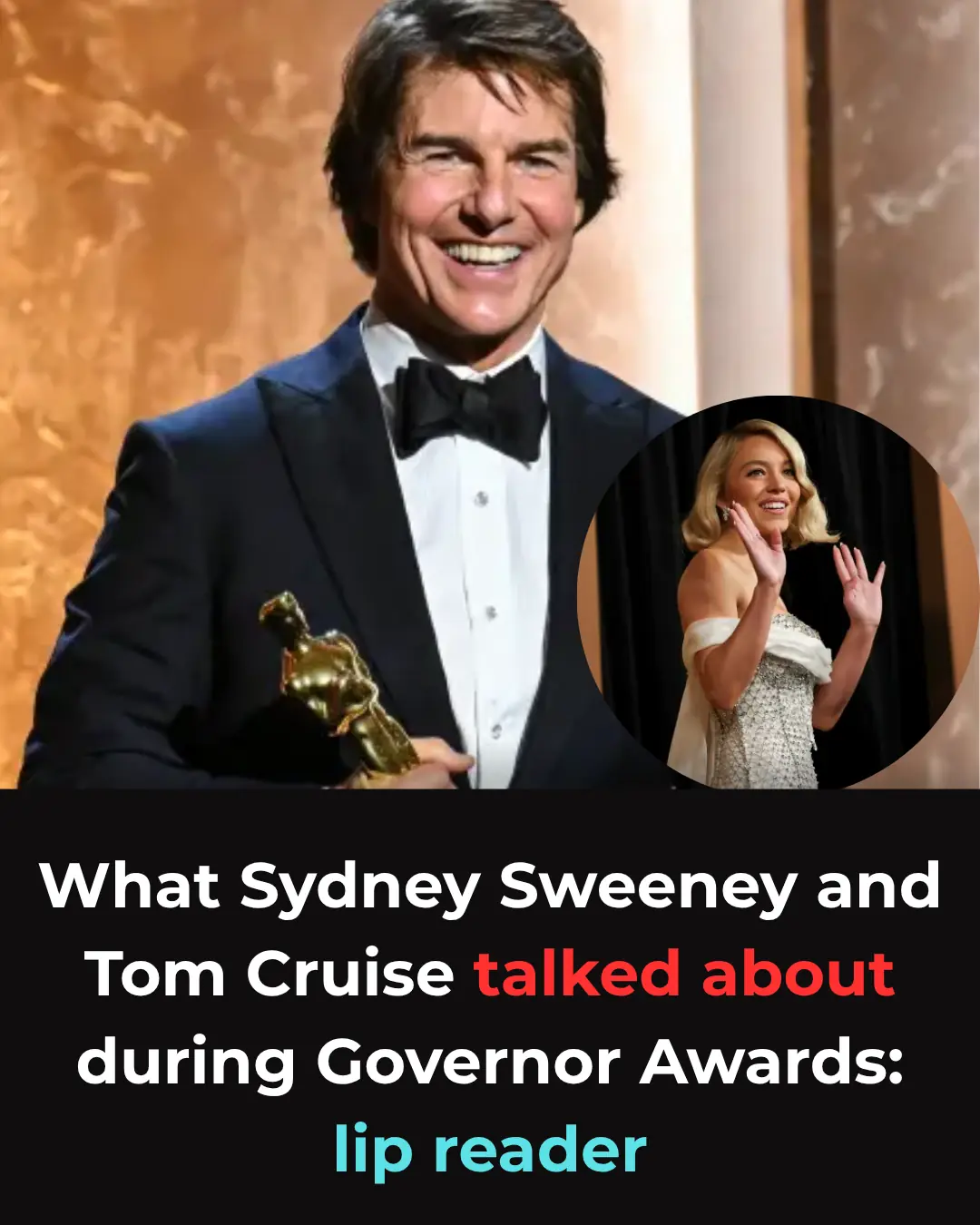
What Sydney Sweeney and Tom Cruise talked about during Governor Awards: lip reader

Freddie Slater’s EastEnders exit ‘revealed’ in new spoilers

Spandau Ballet star Tony Hadley admits he’s watching ex-bandmate Martin Kemp on I’m A Celebrity amid long-running rift

Inside I’m A Celebrity star Angry Ginge’s relationship with his dad – ‘massive racist’; court battles; throwing a ‘brick through the window’

BBC Strictly's La Voix forced to pull out of Blackpool week after injury

Coronation Street couple split confirmed as heartbroken Carla tells Lisa 'it's over'

Coronation Street's Tina O'Brien reveals her father has died as she says 'my heart is very heavy'

Reimagining Mall Rooftops in the Philippines: Elevated Tents Offering Safety, Dignity, and a Breath of Calm

Coronation Street's Lucy Fallon shows off huge ring as she announces engagement
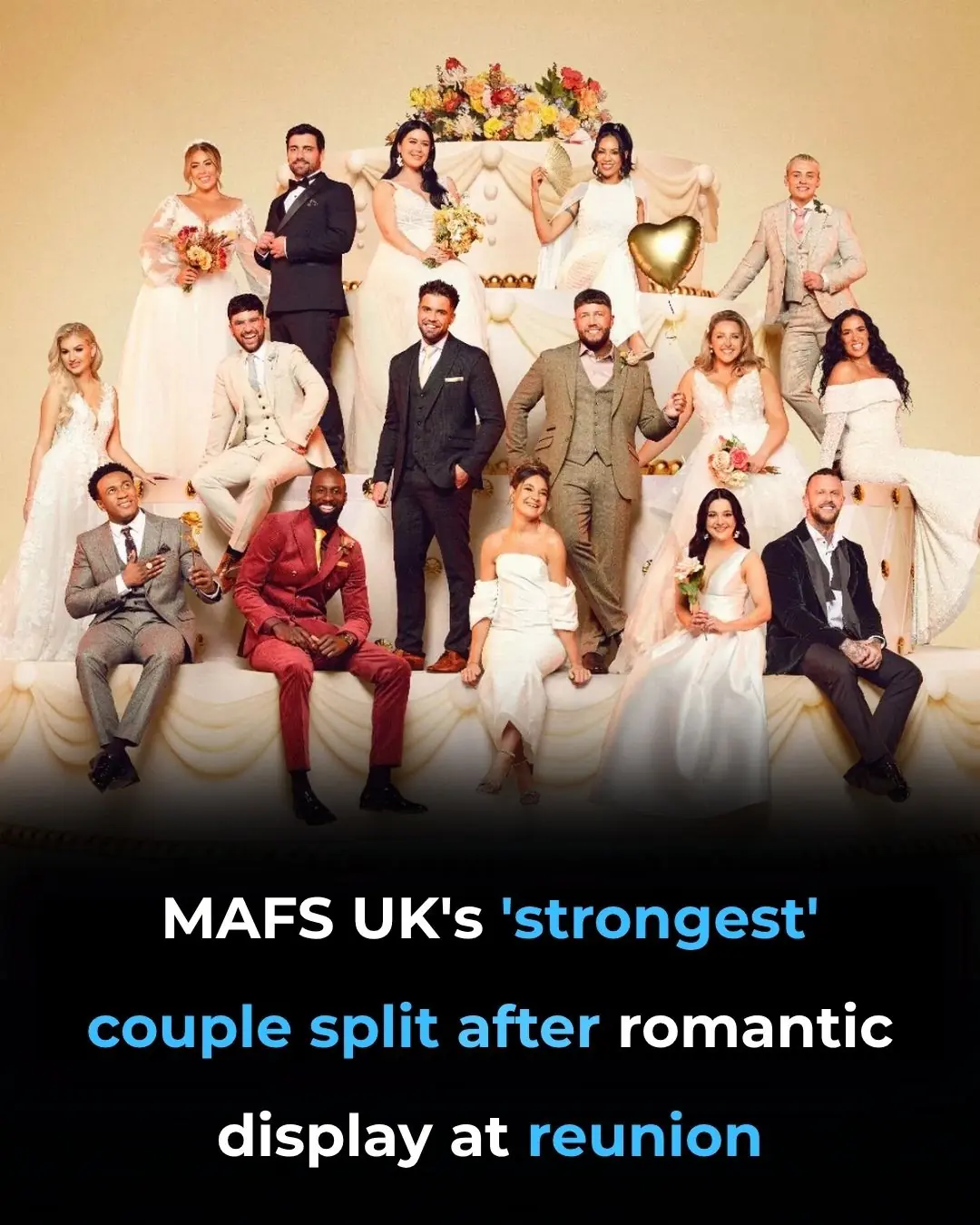
MAFS UK's 'strongest' couple split after romantic display at reunion

Inside Shona McGarty’s love life – from romance with two EastEnders co-stars to failed first engagement
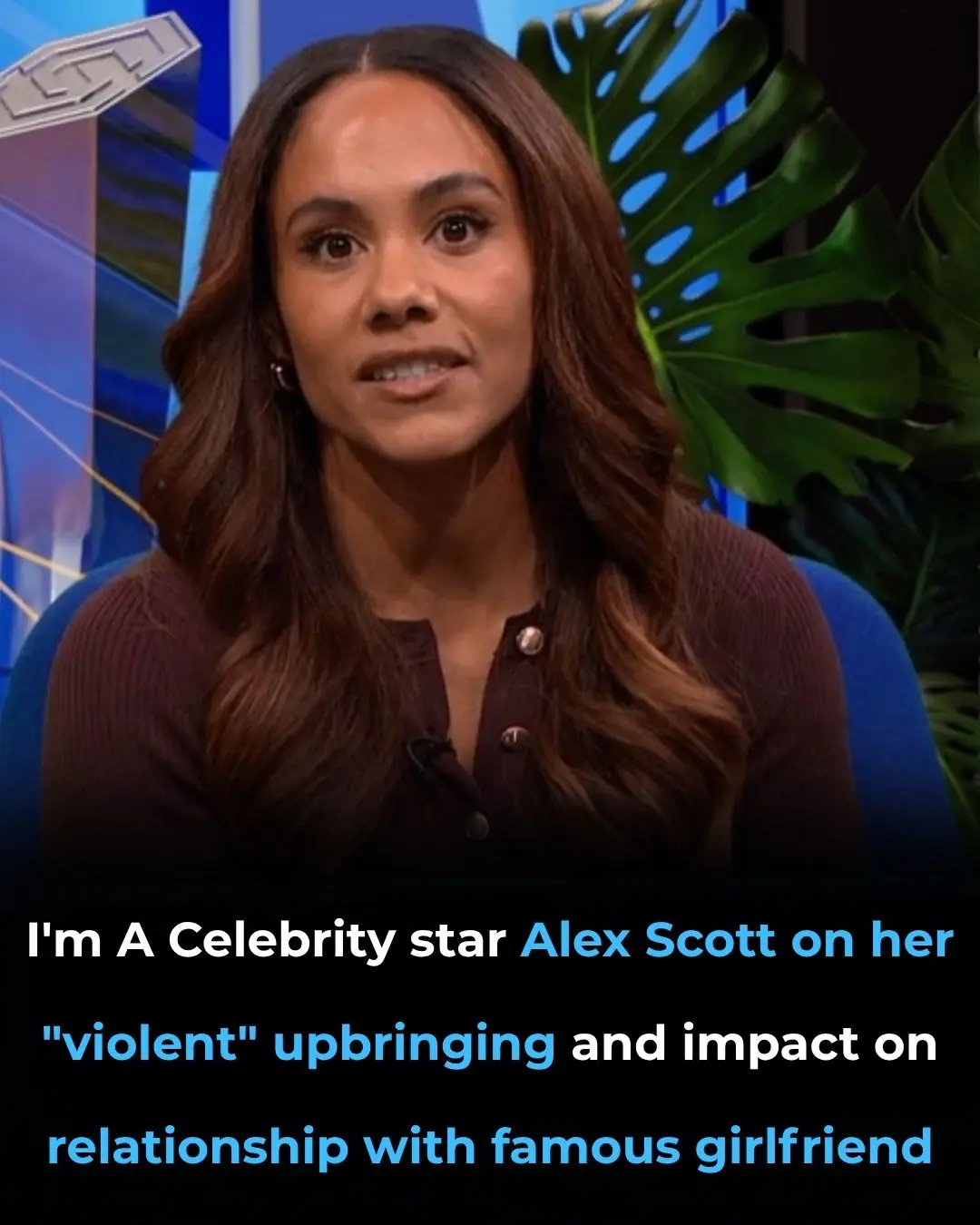
I’m A Celebrity star Alex Scott on her ‘violent’ upbringing and impact on relationship with girlfriend Jess Glynne
News Post

‘They Followed Us All the Way There’: Viral Video Shows Chicago School Kids Hunt and Ambush Mother and Her 9-Year-Old Son on Their Walk Home

Alan Carr admits it’s ‘nerve-wracking’ as he breaks silence on claims he’s ‘replacing’ Strictly hosts Tess Daly and Claudia Winkleman

Ravi kidnapped by drugs boss in early EastEnders release

🦵 Swollen Legs and Feet: Causes, Symptoms & Natural Relief Methods
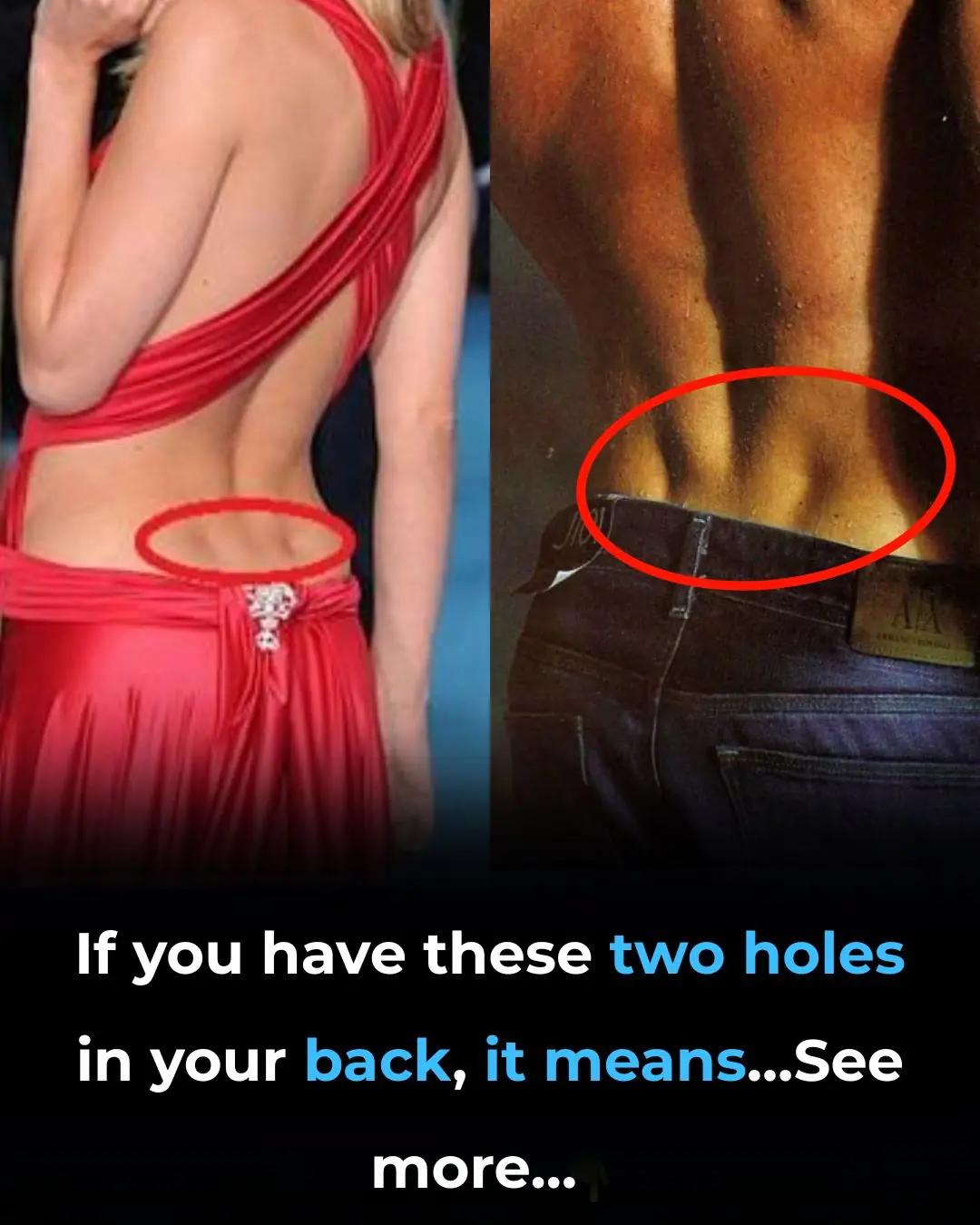
🌿 If You Have These Two “Dimples” on Your Lower Back, Here’s What They Mean

Reinventing the Underground: How France’s Ancient Quarries Are Cooling Modern Cities

‘Doesn’t Qualify Because She’s Black’: Fans Of Angel Reese, A’ja Wilson Blast Forbes For Ranking Caitlin Clark ‘Most Powerful’ Woman Athlete In Sports

How Finland Is Turning Data Centers Into City-Wide Heating Systems

How Israel Is Turning Water Pipes Into Clean Power Plants

How Wisdom Teeth Could Power the Next Generation of Regenerative Medicine

This one vitamin could help stop you from waking up to pee every night

Scientists uncover how chronic stress may starve the brain of blood flow

Keith Olbermann suggests he dodged a bullet as he gloats over ex-girlfriend Olivia Nuzzi’s latest scandals

What Sydney Sweeney and Tom Cruise talked about during Governor Awards: lip reader

Freddie Slater’s EastEnders exit ‘revealed’ in new spoilers

Spandau Ballet star Tony Hadley admits he’s watching ex-bandmate Martin Kemp on I’m A Celebrity amid long-running rift

Inside I’m A Celebrity star Angry Ginge’s relationship with his dad – ‘massive racist’; court battles; throwing a ‘brick through the window’

The Hidden Power of Common Blue Violet (Viola sororia) and Its Homemade Uses
